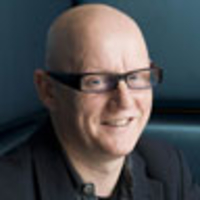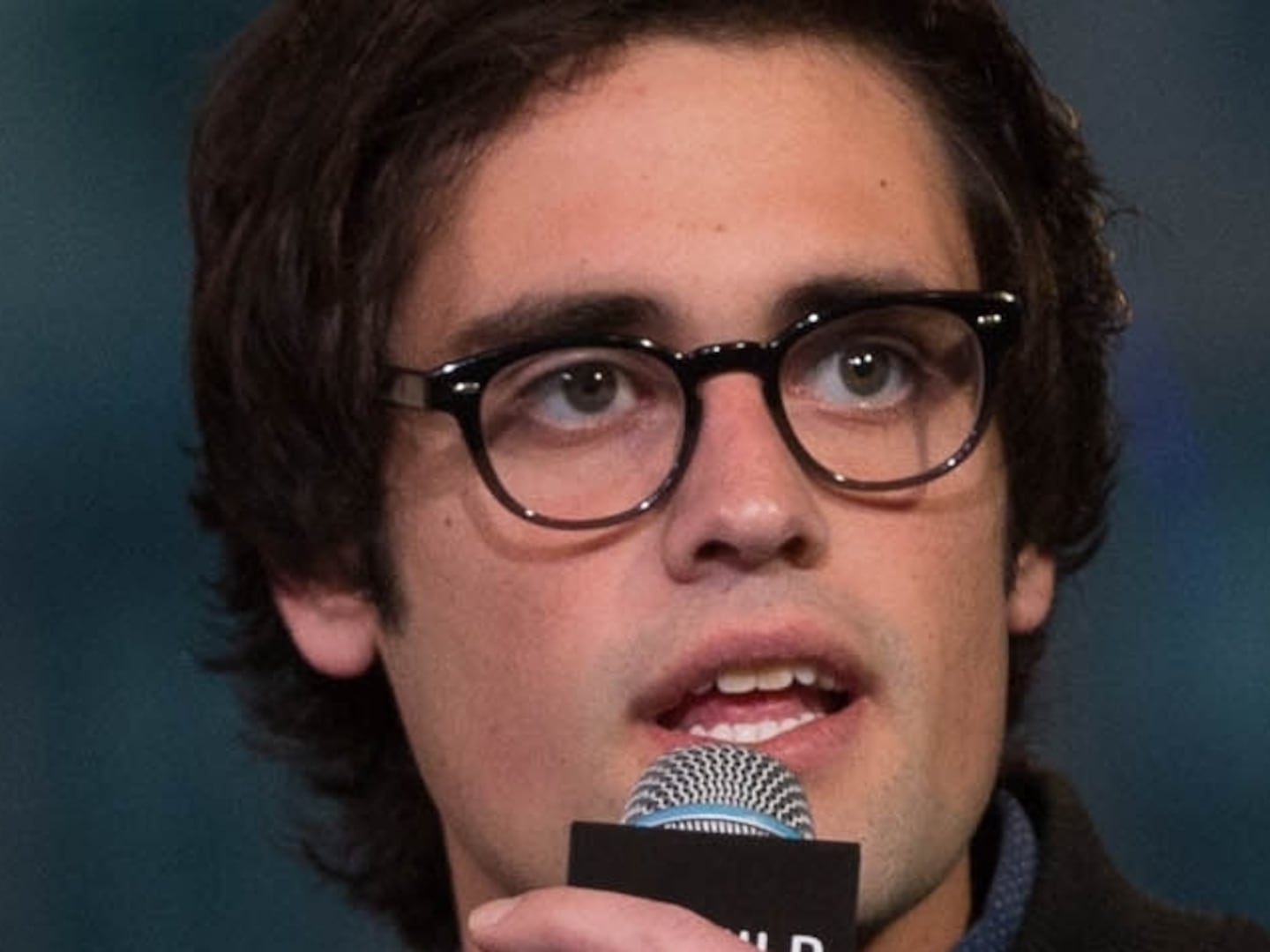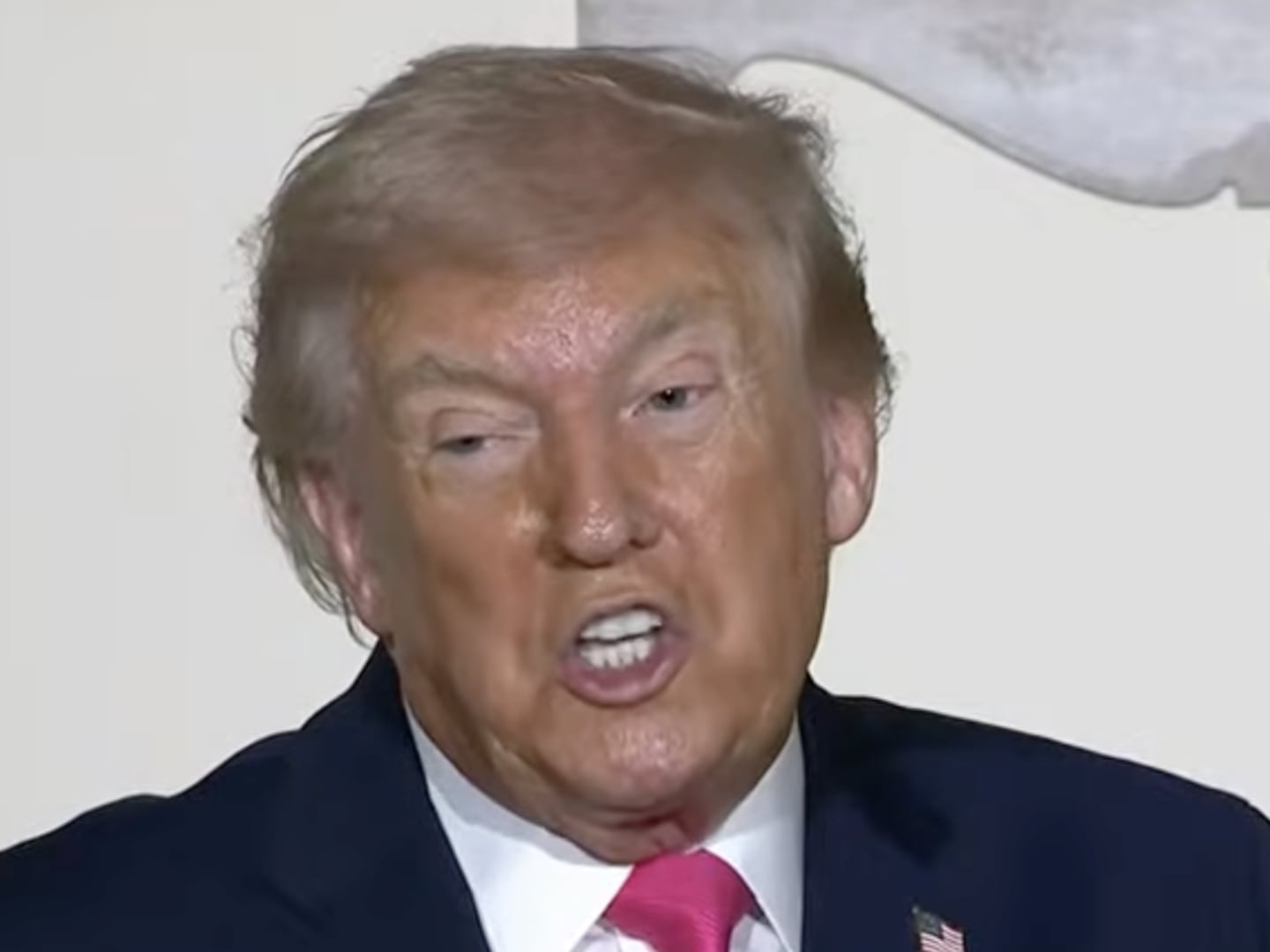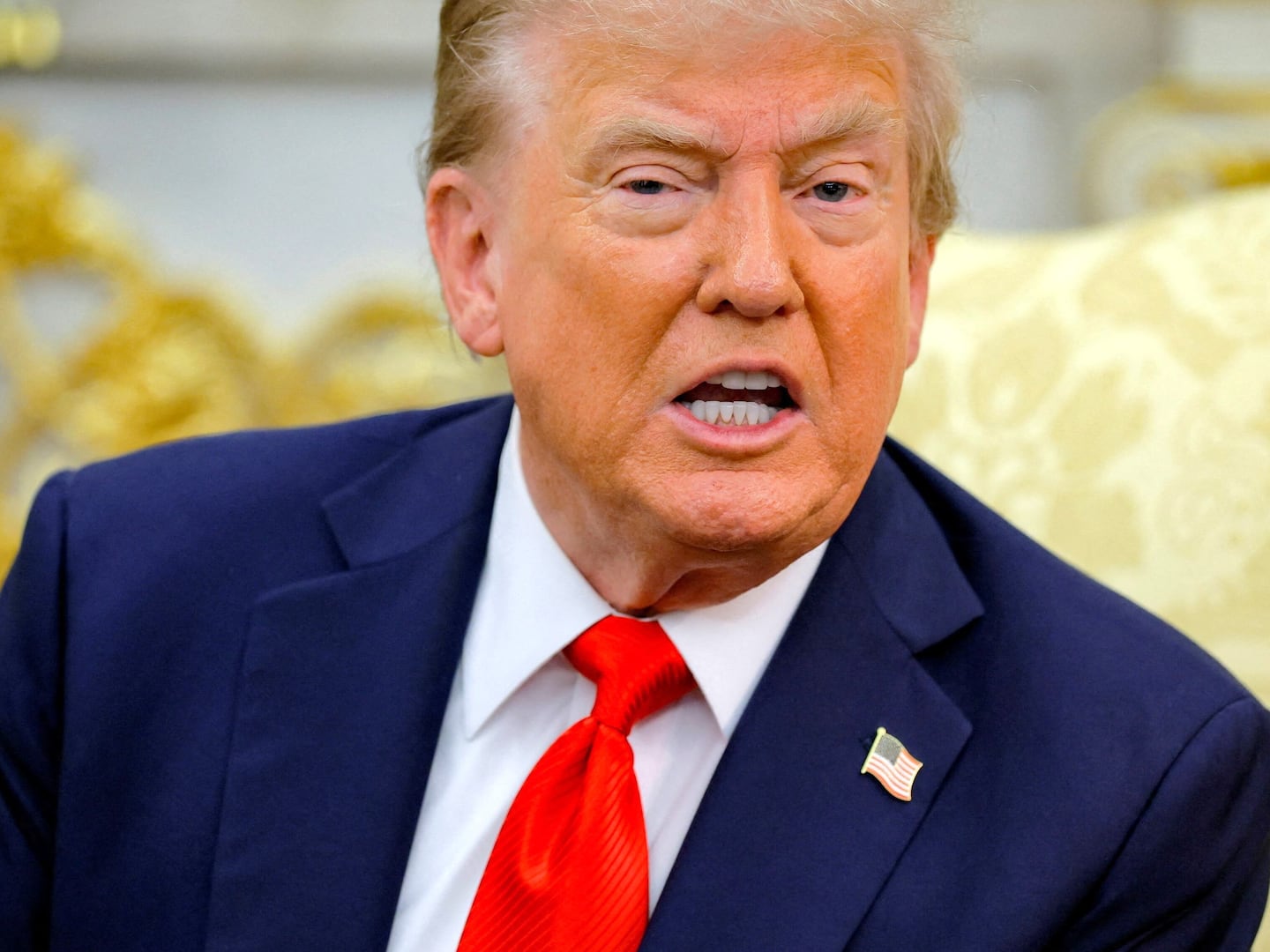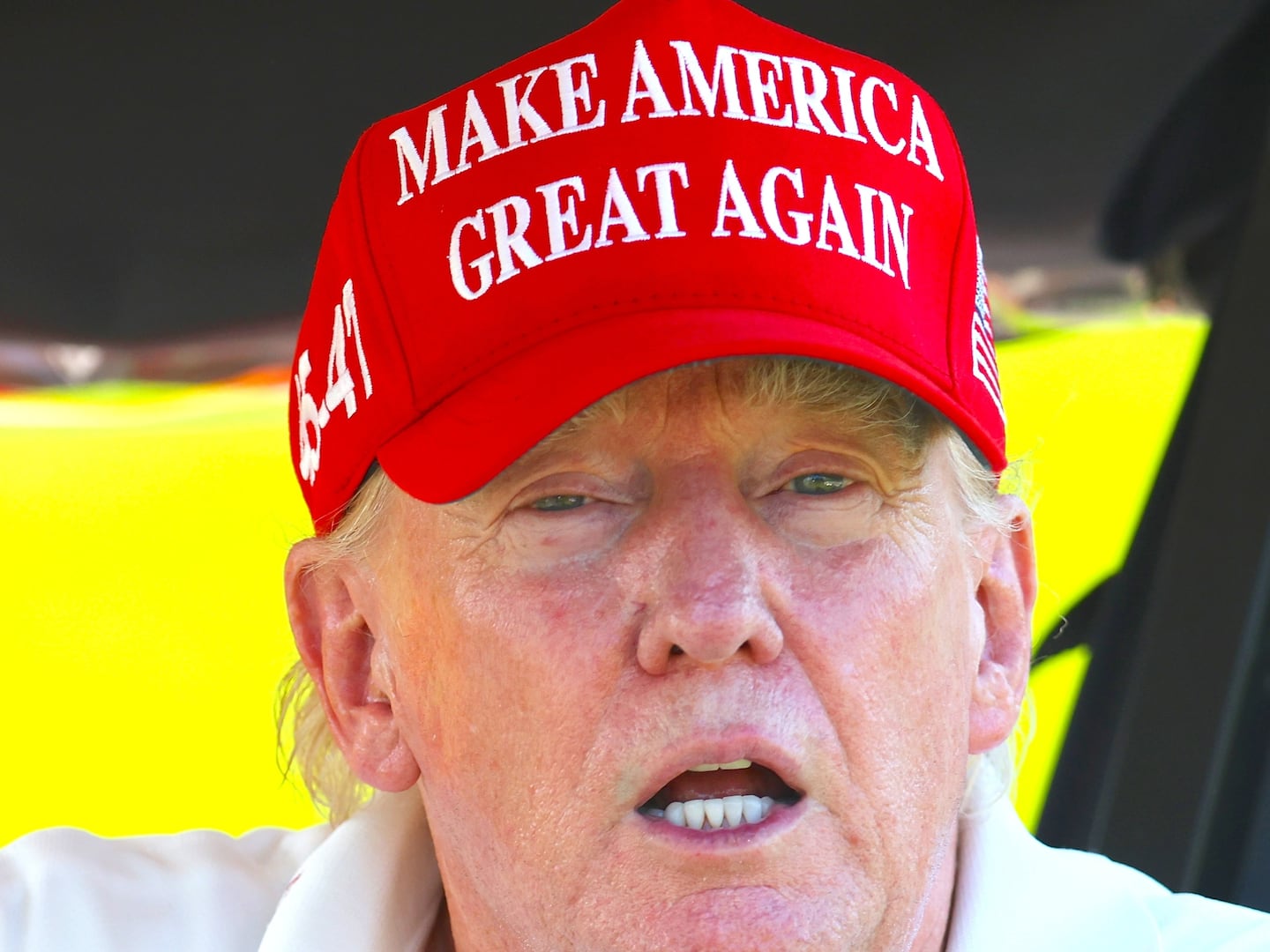
My name is David Yelland and I am a recovering tabloid editor.
I edited the world's biggest scandal sheet, Rupert Murdoch's Sun newspaper in London and before that the New York Post.
It nearly killed me. Or at least the combo of that and one other issue nearly did.
You see: My name is David Yelland and I am an alcoholic. I am proud to say that. I want to tell you why.
Here is my story.
One morning I had breakfast with Rupert having dressed in blackout over last night’s clothes. Only later in the morning, catching myself in the mirror, did I realize I had on two shirts and two ties, one set over the other.
I left the New York Post in 1998 and boarded the morning Concorde to London, bound for the London Sun.
By 2003 I was back in Manhattan as a senior aide to Rupert Murdoch in his private office. But I quit News Corporation to devote my life to alcohol: It was as simple and dreadful as that. I walked out of Rupert’s office and into the bar and stayed there until I nearly died.

In 2005, close to an alcoholic death, I checked into a rehabilitation center in southern England. I thought my life was over, but actually it had just begun. It was then I began to write. I had notebooks full of half finished first chapters and poetry—I had done for years—but as my mind cleared after 24 years of drinking, an idea stalked me like a skilled hunter.
The idea was a novel: a novel I just had to write, whatever the cost. It would be a novel that children and adults would read together and it would change their worlds as recovery was changing mine.
I would write it for my son, Max, who was then 7 years old. And I would write it in memory of his mother, Tania, who died from breast cancer, leaving me to bring up our son.
You need to know a little about Tania. My story is complex and difficult to tell.
In 1998 I was the No. 2 editor of the Post. I was just a kid. I had just married Tania at a ceremony at City Hall. Soon we had the wonderful news that she was pregnant.
Within months our lives had changed. Tania was diagnosed with breast cancer but our baby was saved by Dr. Michael Osborne, a brilliant medic at the NYU Strang-Cornell Center in Midtown.
Then, weeks later, Rupert offered me the editorship of The Sun, his biggest paper, with a daily sale of 3.7 million.
Fast forward to now. Tania died in 2006. We had divorced in 2003 after my five years editing The Sun had ended and I had returned to the U.S., first to Harvard Business School and then to work in Rupert's private office as a senior vice president of News Corporation.
First, I was a wreck in the marriage. I was not able to be there for my wife and the drink killed our marriage. I was also a wreck close to power. I was a drunk on a personal suicide mission. But I was a paragon of high-functioning alcoholism: Few knew my secrets.
I came close to discovery. One morning I had breakfast with Rupert having dressed in blackout over last night’s clothes. Only later in the morning, catching myself in the mirror, did I realize I had on two shirts and two ties, one set over the other.
And yet I was able to operate.
Regularly I would brief Rupert on British politics, on private conversations with Tony. Regularly I would brief Tony on Murdoch's world views. Both became friends.
Later, at Harvard, I would present my papers with my body shaking but would keep up the show until I could escape across the Charles River into the Cambridge bar scene.
Fast forward again. We are in the now. What have I learned?
I have learned humility. I have learned that as an adopted child of 1960s England (my mother was a children's writer, my father an Irish radical) I was within an inch of being the kind of flotsam and jetsam my newspapers used to pick on and attack.
After all, what is the difference between the criminally insane and the mass-market press? An ability to write... maybe?
As an editor I thought I knew it all. In recovery, I realized I didn’t even know myself.
Which brings me to The Truth About Leo.
I wrote my book in the early hours of weekend days, before my son awoke.
I wrote in what Dylan Thomas called "the still night/When only the moon rages.''
I wrote it with no publishing deal and often with no hope.
I wrote about a boy whose mother has died but whose dad is still drinking, unlike me.
I wrote about faith and about love. I wrote about death and the joys of being alive.
I wrote because I could not stop.
When it was finished I realized it was the story of what might have happened to me and to Max. My son is now nearly 12 and has never seen me drinking.
But there was to be bad news when it came to getting the book into stores. It appeared it was too controversial to be published. One publisher told me “you can’t put a book about alcoholism next to Harry Potter.”
But I knew that was exactly what I must do. If I had read this book as a child I might have recovered aged 32 and not 42. My marriage might have been saved... For countless others, their lives even.
I believed in Leo. To me Leo is a real boy. When I was a child, I suffered something called alopecia. All my hair fell out when I was 10 years old.
I was pushed deep within myself. I was reclusive. My imagination took over and I planned my revenge on the world. By the time I was 32, I was taking revenge on New York at the helm of the Post.
But each time I hurt somebody I was only hurting myself. I wanted to write a book not just about drink, not just about love, but about the dangers of ambition: a book children would think about for all their lives.
In the end, Penguin Books agreed to publish the book in the U.K. and bought the world rights.
Two weeks ago The Truth About Leo was published at last.
I still write. I still labor when the light is weak and my spirit's strong. All I can hope is that when the book is read that it starts a process of change, for it is that process of change that has transformed my life and that of my son's.
My book is dedicated to Tania’s memory and to our son.
Is it possible to write a feel-good book about recovery?
Is it possible to change the world, even just a little bit?
I think it is.
David Yelland is the author The Truth About Leo. He is the former editor of The Sun and a former deputy and business editor at the New York Post. His website: www.davidyelland.com.
